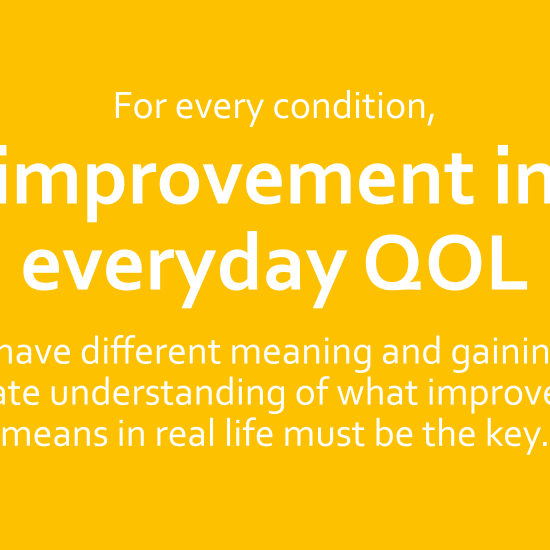14th May 2024
How can making the decision to buy a house be anything like setting up a clinical drug trial in a rare disease?
Surely no connection? But just consider the thought process for house buying. We will usually balance the lifestyle improvement we hope it will deliver (more bedrooms, bigger kitchen, for example) with the more practical essentials of build quality, damp proofing and loft insulation. Both aspects are of course important in making such a big decision, and ideally will be well-balanced so that the decision to buy is clear cut. An imbalance on either side will not work.
In developing a clinical trial protocol for a new drug in a rare disease, the thought process can be somewhat similar: generating statistically significant clinical data in accepted outcomes should be balanced with providing clinically meaningful improvements in the patients’ condition. Perhaps a cure is out of reach, but significant clinical improvement coupled with better quality of life (QOL) will be a priority.

On the clinical side there will be a need to generate statistically significant data in order to achieve a licence. Selecting measurable clinical endpoints that ultimately translate into making a difference to patient outcomes will be crucial – and this can be further complicated in rare diseases where there may be no obvious biomarker.
Of course, regulatory authorities do increasingly listen to the patient voice, but achieving the holy grail of a measurable boost in QOL and getting a positive clinical data set to support it may be difficult. Thinking about how to measure improvement can also be challenging. Is the six-minute walk test (6MWT) going to be a meaningful measure, for example? Can CT scans detect the level of anatomical improvement sufficiently? Will dexterity issues be a concern for self-administration? And the heterogeneous nature of rare conditions ensures that for every trial the requirements are likely to be different and must be closely investigated to achieve success for all concerned.
At Solaris Health, we like to introduce strategic communications at an early stage, bringing together patients and pharma to discuss what really matters – both in terms of patient concerns and understanding the clinical/regulatory requirements. Running a roundtable meeting for all parties at the stage when Phase III protocols are being developed allows regulatory requirements and real-life circumstances to be considered together, and creating regular touchpoints further down the road enables the patient experience to be woven into pre-licence development and disease awareness campaigns.
We’d love to talk to you about your rare disease challenges. You can reach us hello@solarishealth.com


